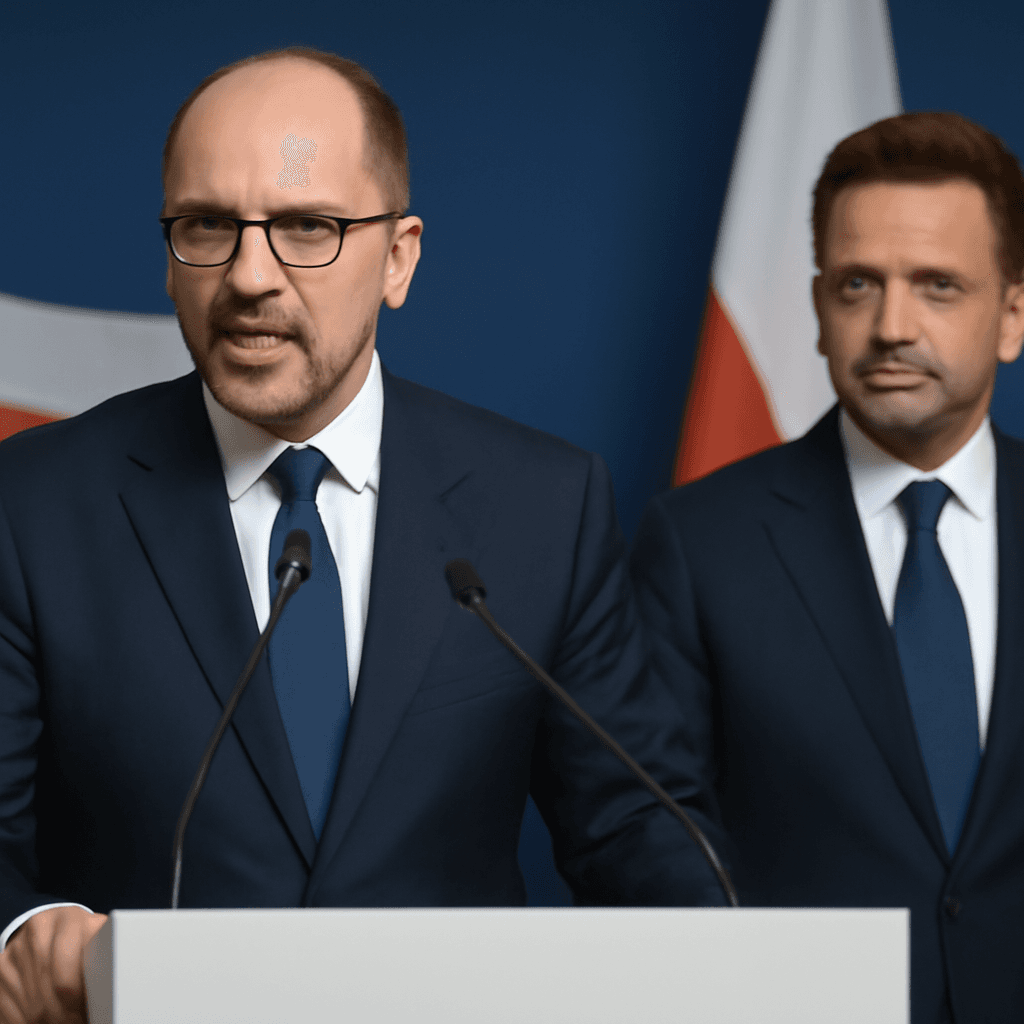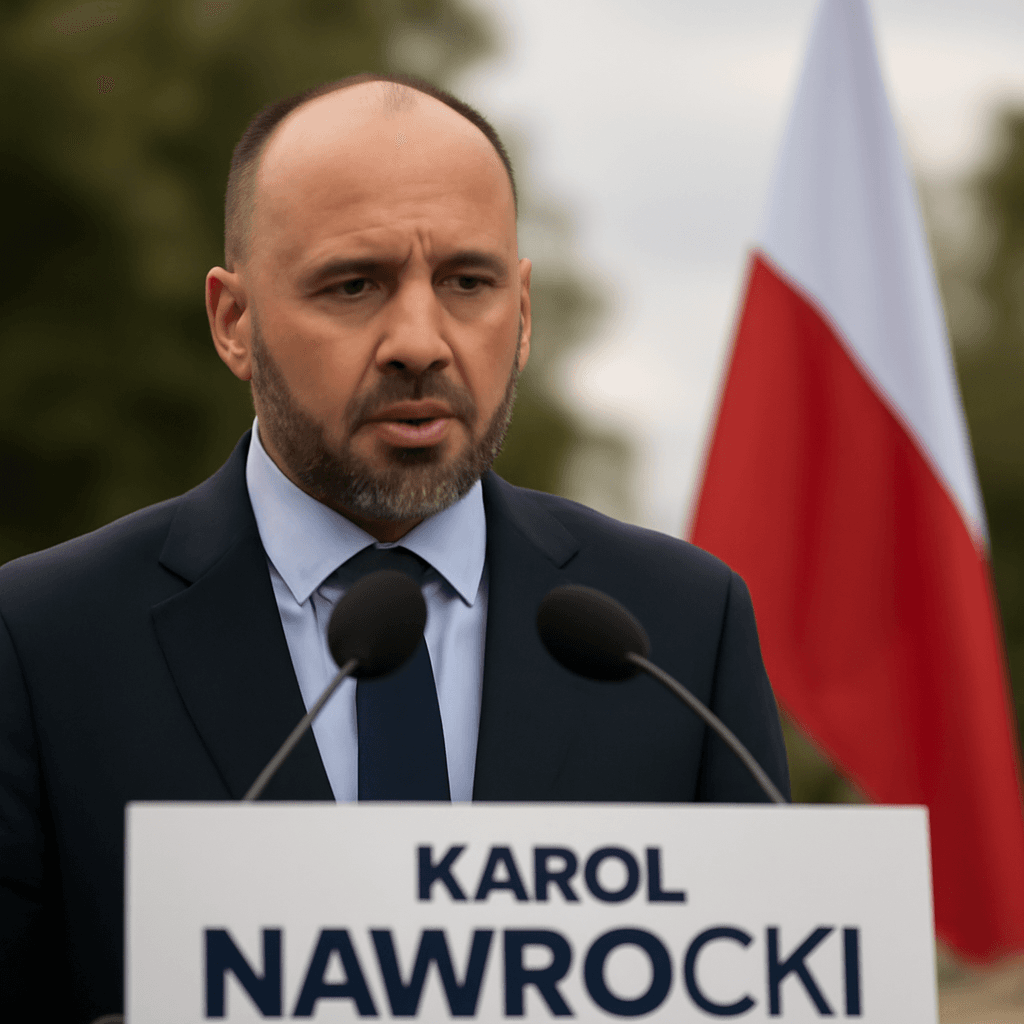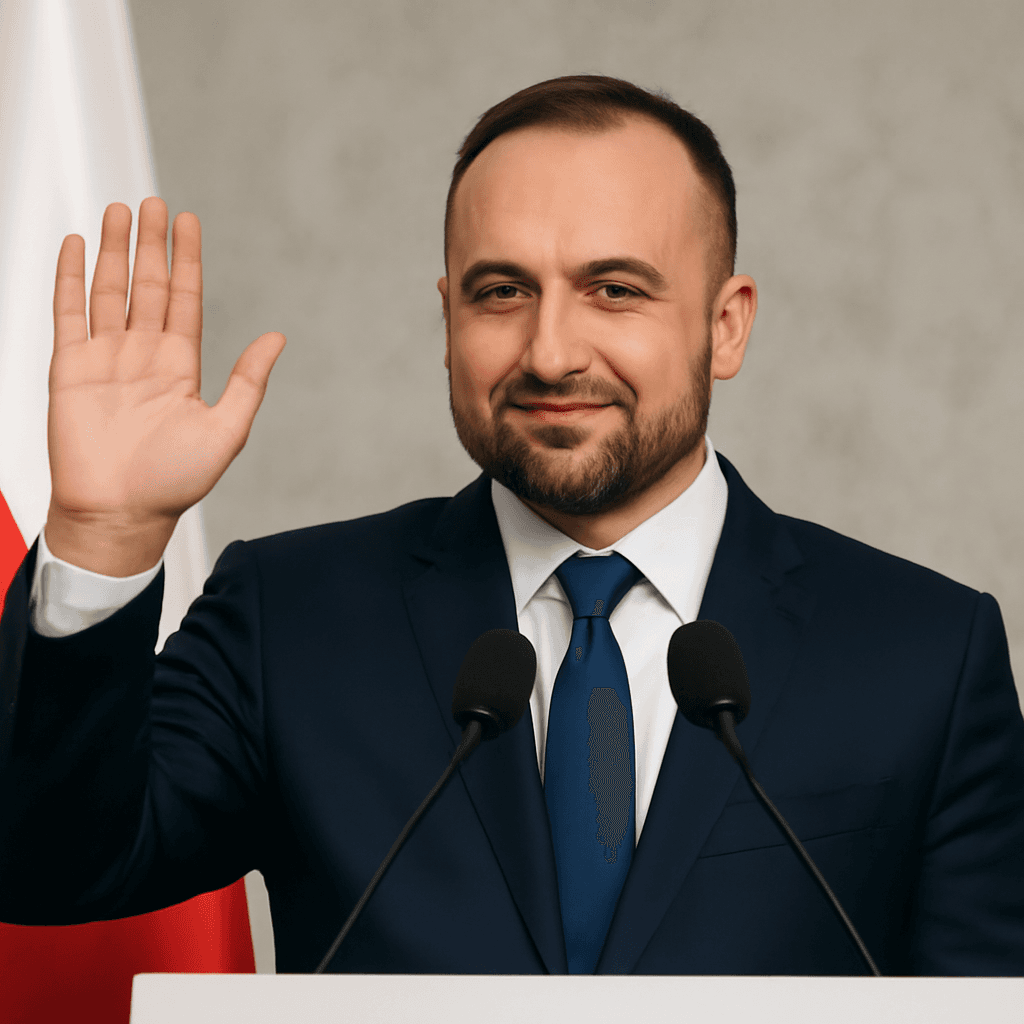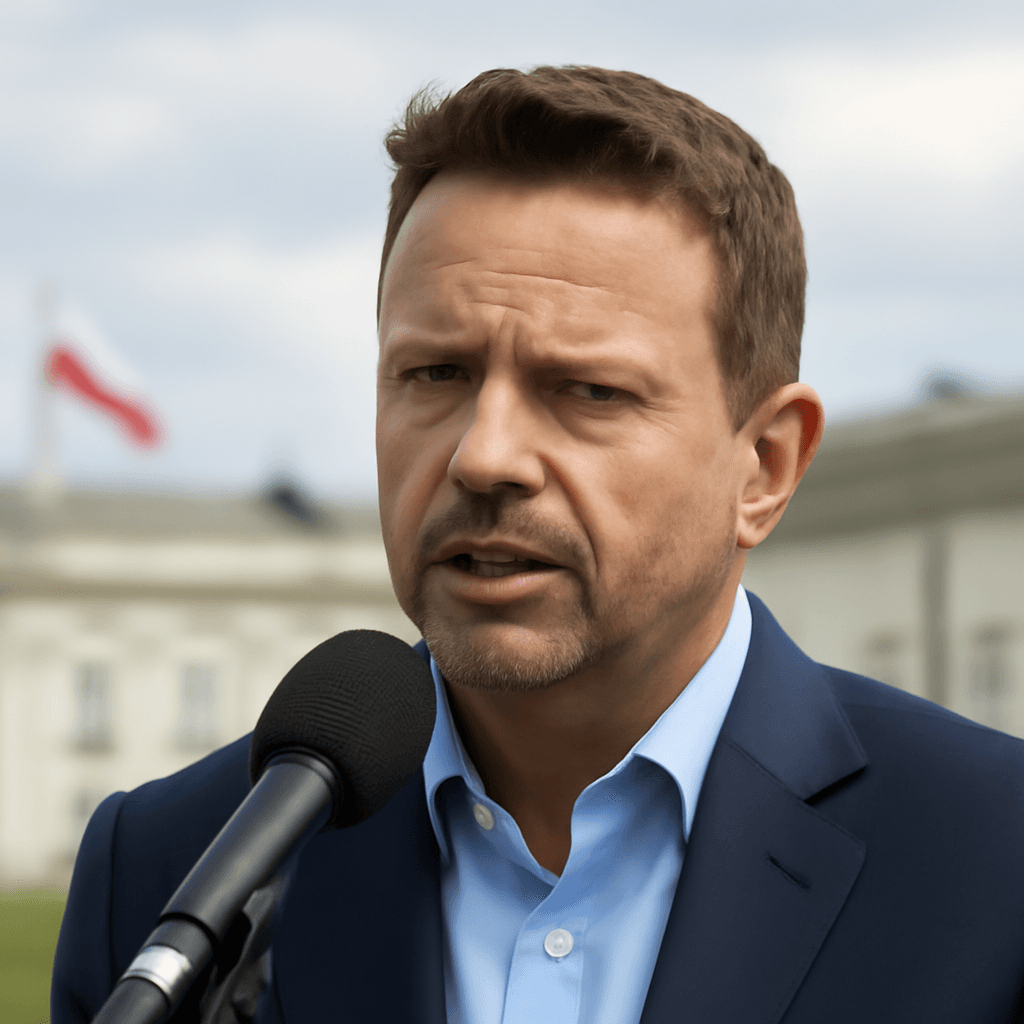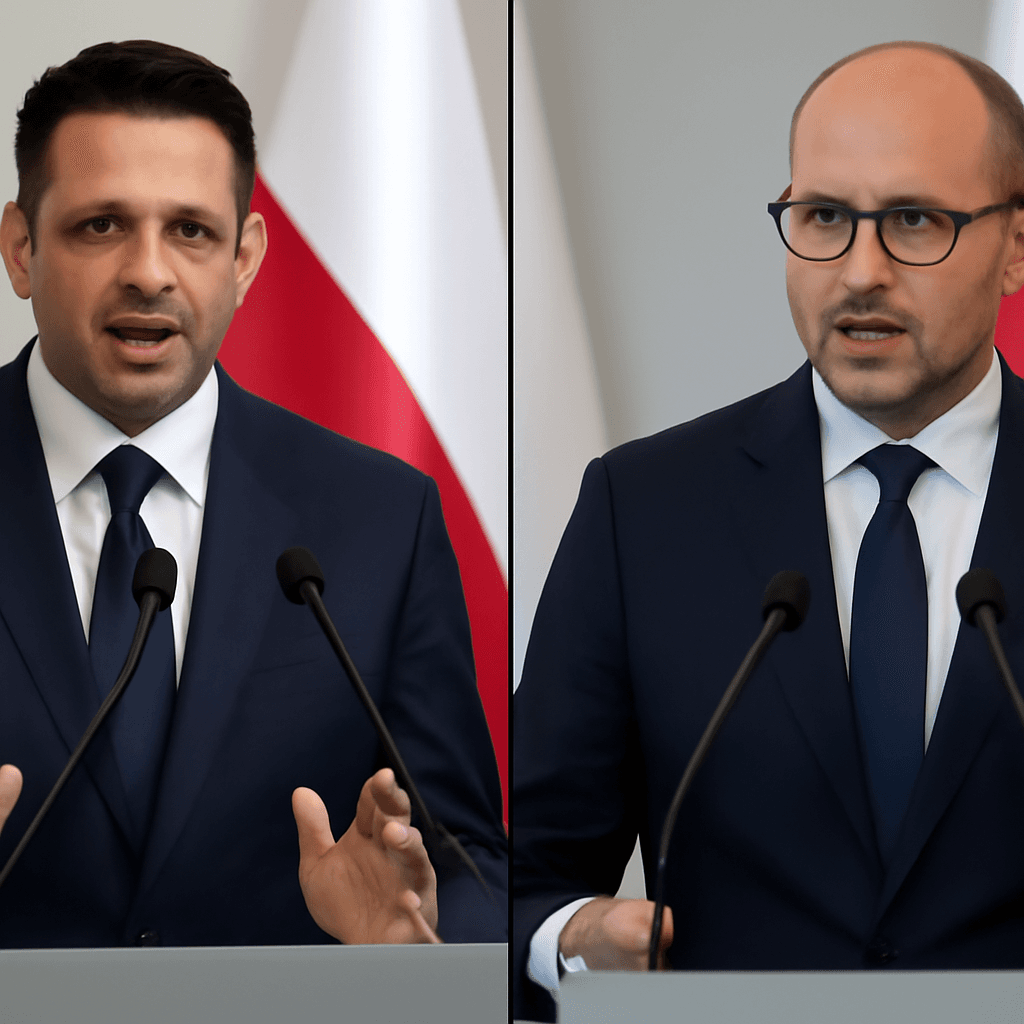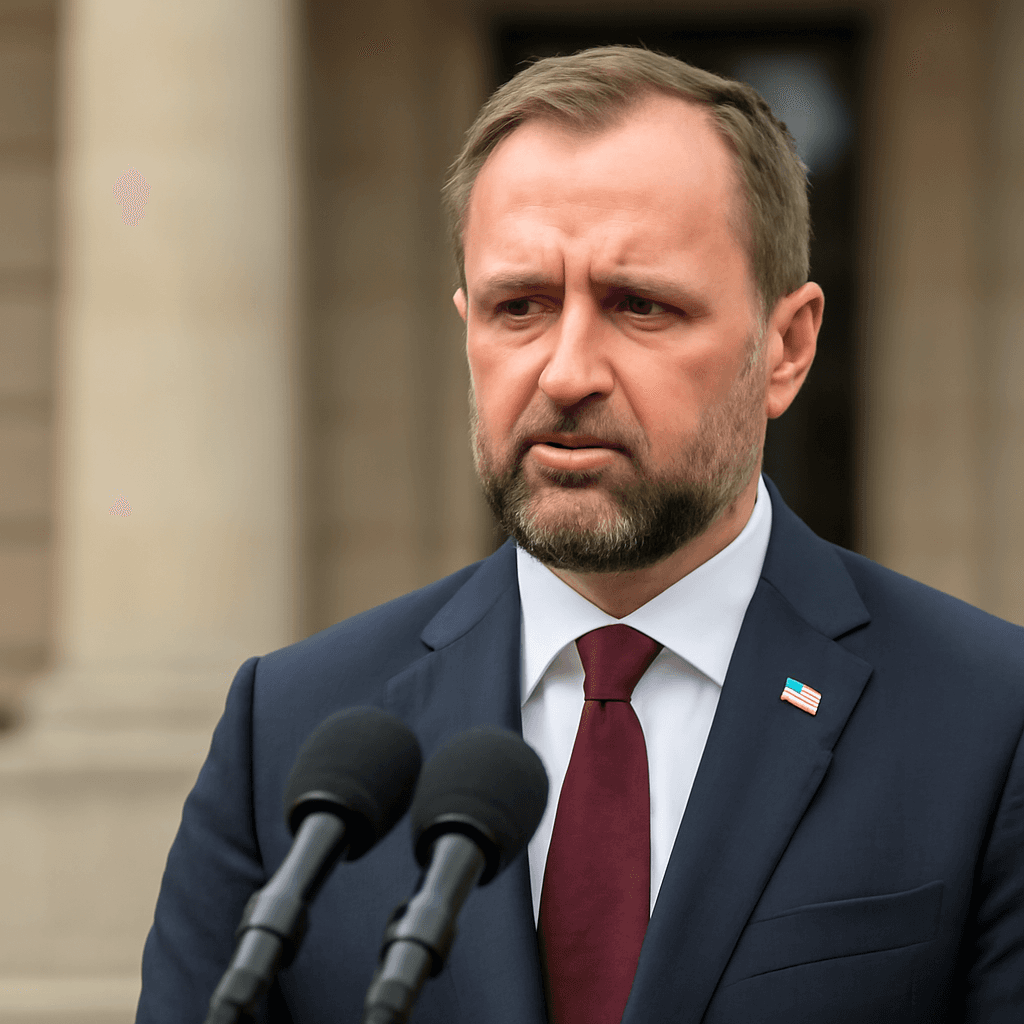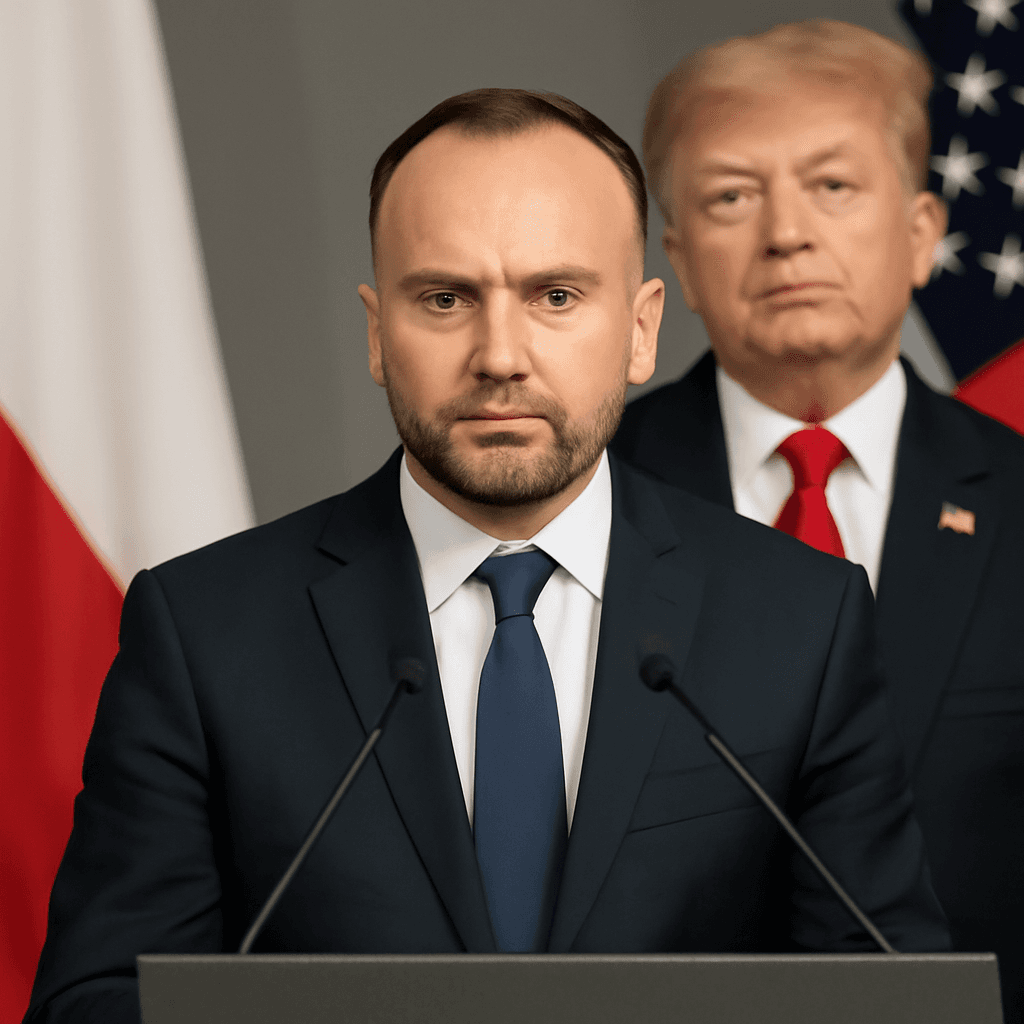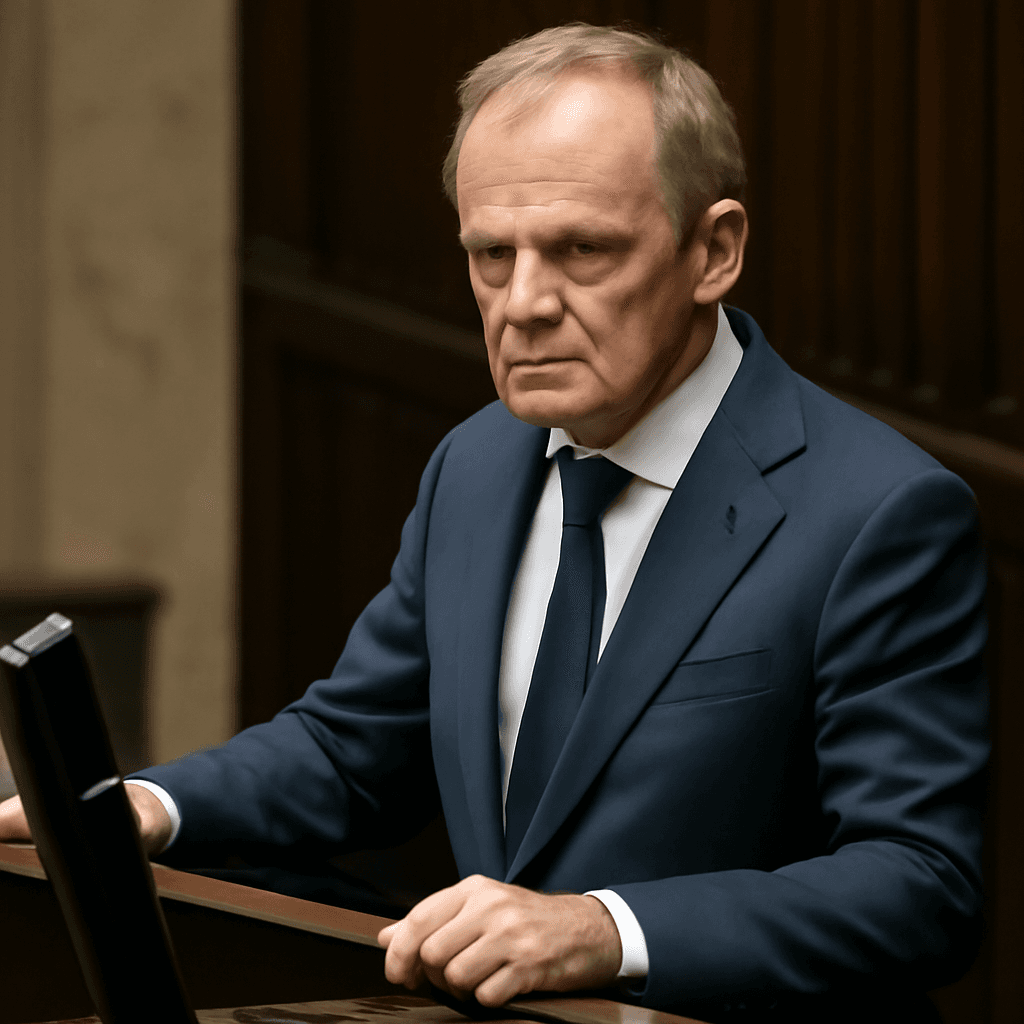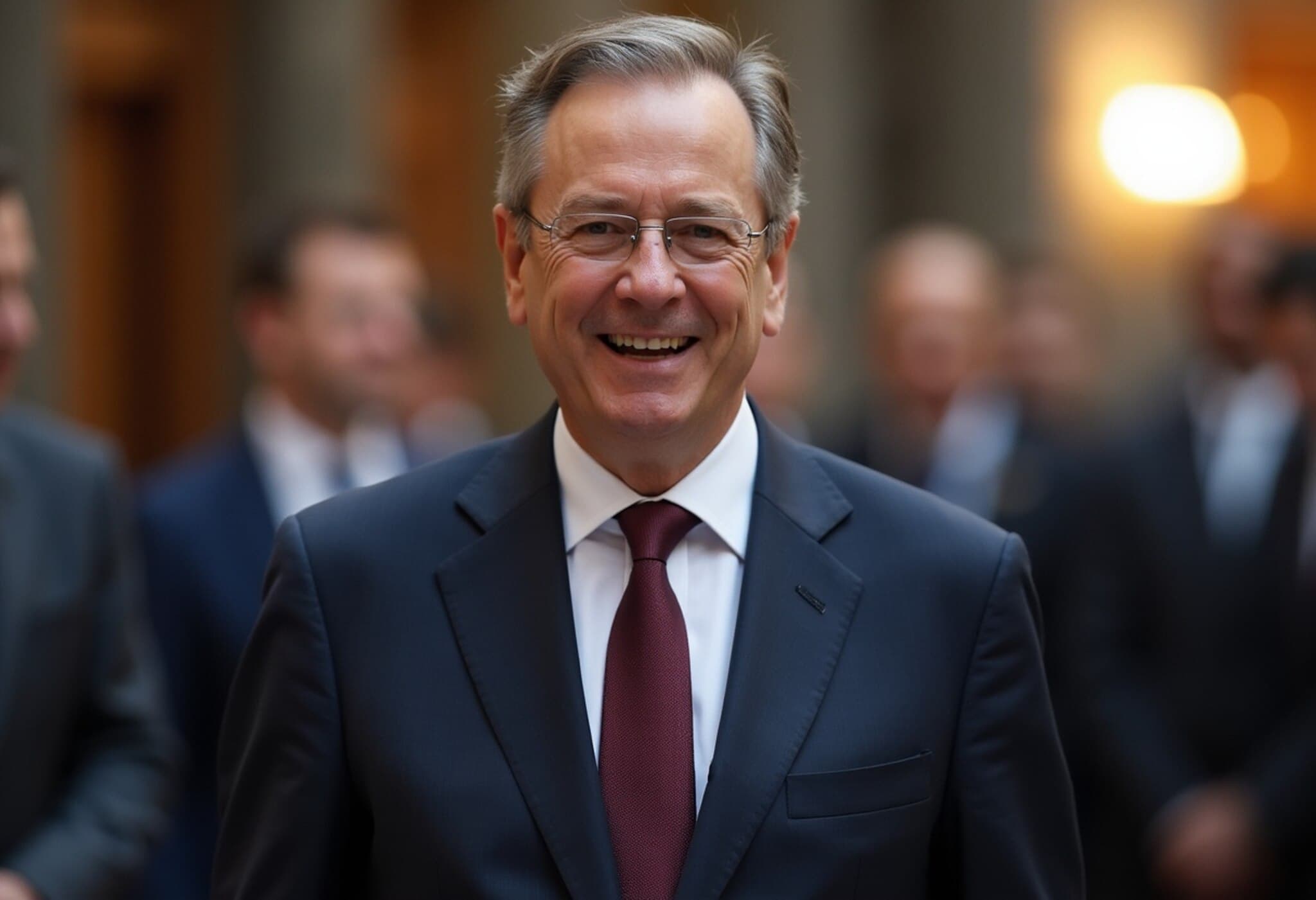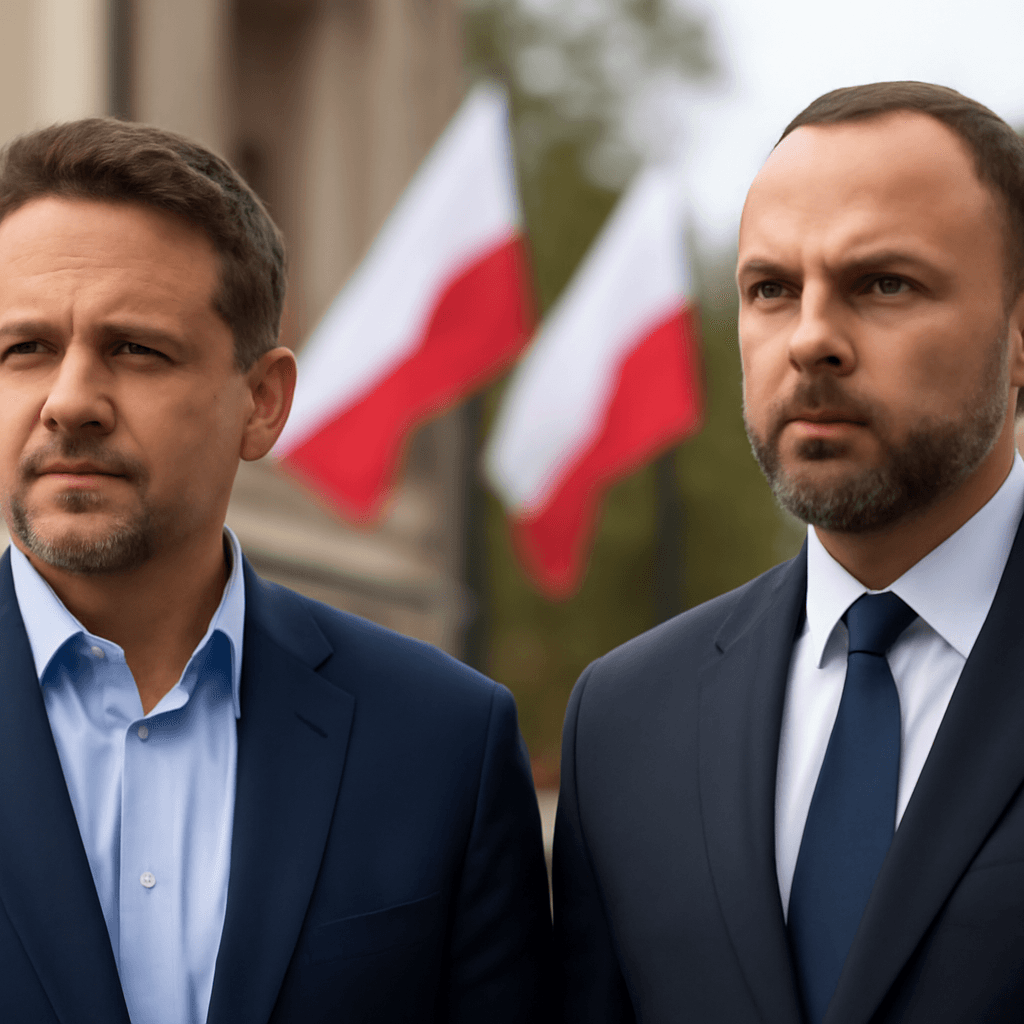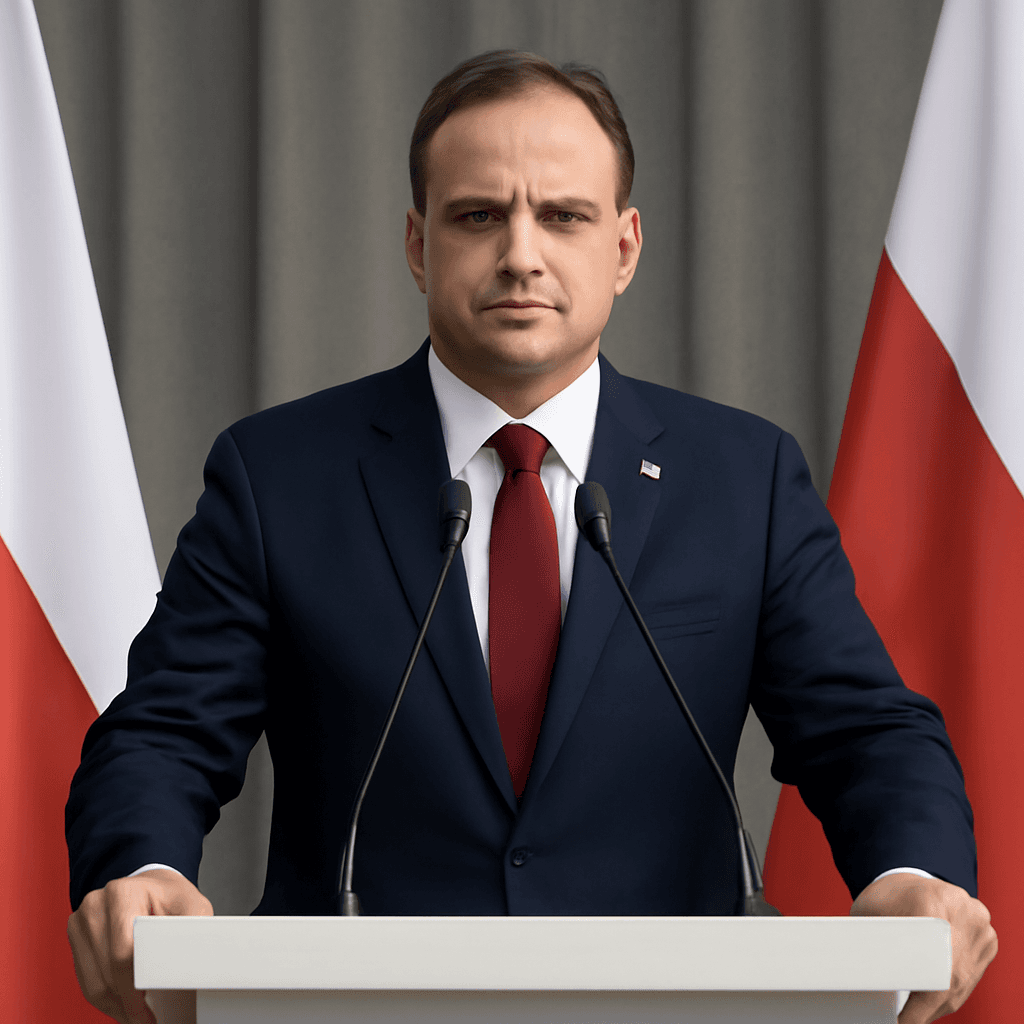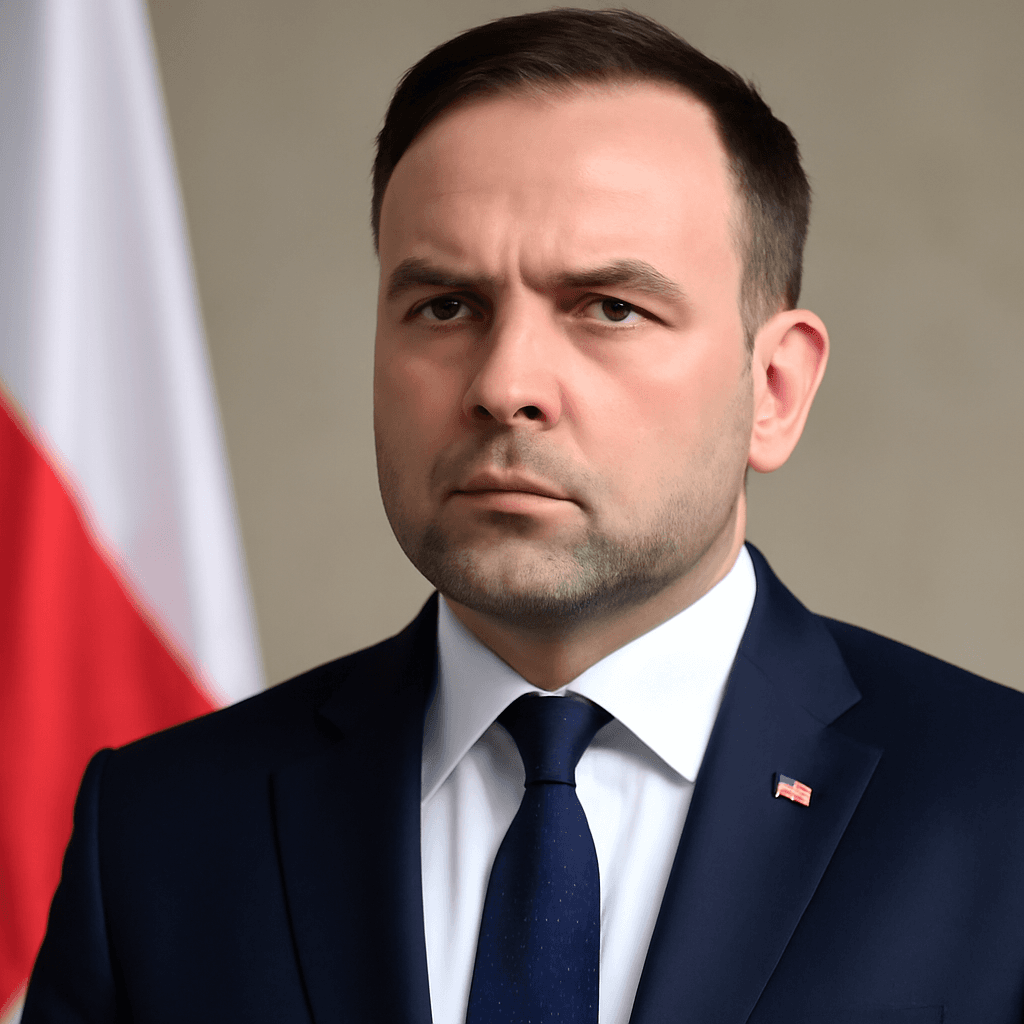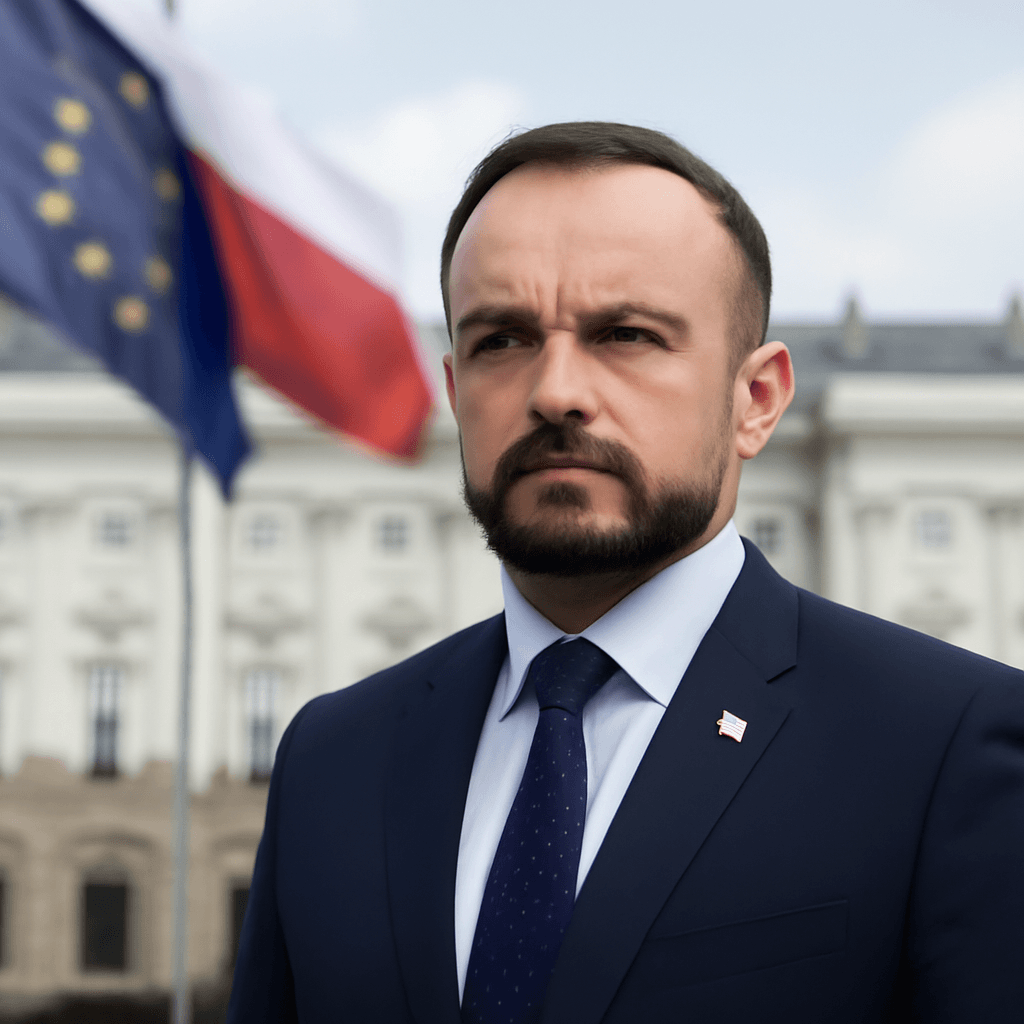Karol Nawrocki Takes Lead in Poland’s Presidential Election Runoff
In a significant development affecting Poland's political landscape, right-wing candidate Karol Nawrocki has emerged with a narrow lead in the presidential election runoff, challenging the ruling government's preferred contender.
Overnight Projections Indicate Narrow Advantage
Preliminary results released early Monday, based on a combination of exit polls and counted ballots, show Karol Nawrocki holding approximately 52.7% of the vote compared to 47.3% for Rafał Trzaskowski, a liberal candidate aligned with the current government. These figures were derived from nearly 80% of polling stations reporting across the country.
Nawrocki’s candidacy is backed by the right-populist Law and Justice (PiS) party, which was previously in power before the current administration came to office following the 2023 parliamentary elections. A victory for Nawrocki could pose significant challenges to the reform agenda of the current government led by Donald Tusk.
A Dramatic Turn Compared to Earlier Polls
Earlier exit polls suggested a slim lead for Trzaskowski, providing him grounds to prematurely declare victory at his campaign headquarters. However, as more votes were counted, the advantage shifted to Nawrocki, who maintained confidence in securing the presidency.
Trzaskowski emphasized optimism about Poland’s future during his initial concession announcement, but the final tally has yet to confirm his position. Election analysts note that the margin of error in the final polling data is as low as 0.5%, indicating a highly competitive race.
Contrasting Political Platforms
The runoff features two candidates with distinctly different visions for Poland’s future:
- Rafał Trzaskowski: The pro-European, progressive mayor of Warsaw advocating for liberal reforms including expanded abortion rights and civil partnerships for LGBTQ couples.
- Karol Nawrocki: A historian and former amateur boxer, aligned with conservative and nationalist values, opposing liberal social reforms and signaling use of presidential veto power against such measures.
The presidency, while largely ceremonial, holds crucial powers such as veto rights over legislation, which can only be overridden by a supermajority in parliament—something the current government does not possess. Therefore, the election outcome is pivotal in shaping Poland’s legislative and policy direction until the next parliamentary elections in 2027.
Implications for Poland’s Political Future
The winner of this election will succeed incumbent President Andrzej Duda, a PiS supporter term-limited after serving two terms. A Nawrocki victory could deepen political stalemate, impacting reform efforts and the government’s legislative effectiveness during the remaining parliamentary term.
Final official results are anticipated shortly, with the situation continuing to develop as additional votes are tallied. This closely watched contest remains critical in determining Poland’s political and social trajectory in the coming years.

